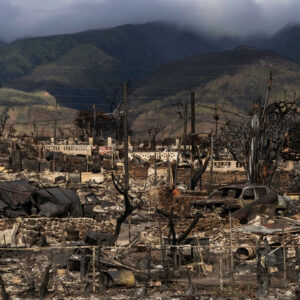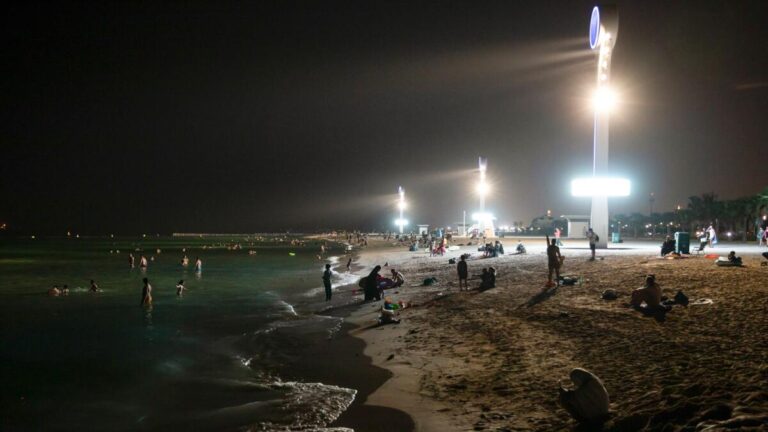
In a move that has sent shockwaves across the international community. Therefore North Korea announced today that it had conducted a simulated nuclear strike on South Korea. The provocative act has escalated tensions in an already volatile. The Korean Peninsula has raised concerns about the stability of the region.
The announcement was made through North Korea’s state-run media. Claimed that the simulated strike was a part of routine military exercises aimed at demonstrating the country’s. Therefore Preparedness for any potential conflict. The North Korean regime described the simulation as a
“successful and accurate” demonstration of its nuclear capabilities. However, experts around the world remain skeptical about the true nature and purpose of the announcement.
South Korean officials swiftly responded to the North’s announcement with a mixture of concern and condemnation. The South Korean President issued a statement expressing deep reservations about the timing and intention of North Korea’s actions. The statement emphasized the need for diplomatic solutions and urged North Korea to engage in meaningful dialogue. Rather than provocative displays of military might.
The United States, a key ally of South Korea, also condemned North Korea’s actions. The White House released a statement expressing
In other words “Grave concern” over the simulated nuclear strike, calling it a “reckless and destabilizing” move that threatens regional peace. During the U.S. urged North Korea to abandon its nuclear ambitions and return to the negotiating table to address security concerns through diplomatic means.
Global leaders from Europe to Asia have expressed their unease over the escalating situation. China is often seen as North Korea’s closest ally. Called for restraint on all sides and stressed the importance of maintaining peace and stability in the region. Japan, which has historically been wary of North Korean provocations, condemned the simulation as a
“clear violation of international norms.”
The announcement comes at a time of heightened uncertainty in the Korean Peninsula. The stalled denuclearization talks between North Korea and the United States have left the region in a state of limbo. With concerns about Pyongyang’s true nuclear capabilities lingering. While North Korea has conducted nuclear tests in the past. This simulated strike marks a significant escalation in its display of military might.
Analysts speculate that North Korea’s move could be an attempt to gain leverage in future negotiations. Using its nuclear capabilities as a bargaining chip. Others suggest that it could be an attempt to rally domestic support and divert attention away from internal challenges faced by the regime.
It’s worth noting that North Korea has a history of using provocative actions to draw attention to its demands. Simulated military exercises, missile launches, and nuclear tests have all been tactics employed by the regime in the past. However, the international community’s response remains a delicate balance between condemning these actions and avoiding further escalation.
The situation underscores the importance of diplomacy and communication in resolving complex geopolitical challenges. While military posturing and shows of strength may appeal to domestic audiences, they often exacerbate tensions and hinder progress toward lasting solutions. Efforts must be made to engage North Korea in meaningful dialogue, addressing its security concerns while upholding global peace.
The United Nations Security Council is expected to convene an emergency session to discuss the situation and formulate a collective response. The Council’s ability to present a united front in condemning North Korea’s actions will be closely watched, as it holds the potential to influence the regime’s behavior moving forward.
As tensions continue to escalate, neighboring countries like China and Russia have a pivotal role to play in easing the situation. Their diplomatic influence and economic ties with North Korea could provide a channel for de-escalation efforts. International organizations, including the International Atomic Energy Agency (IAEA), will also be closely monitoring developments to assess the actual nature of North Korea’s nuclear capabilities.
In conclusion,
Therefore North Korea’s announcement of a simulated nuclear strike on South Korea has heightened tensions in the Korean Peninsula and raised global concerns about regional stability. The international community’s response is characterized by a delicate balance between condemnation and de-escalation. Will play a crucial role in determining the future trajectory of the situation. As the world watches and waits, the importance of diplomacy and open communication cannot be overstated in addressing this complex and evolving crisis.










+ There are no comments
Add yours